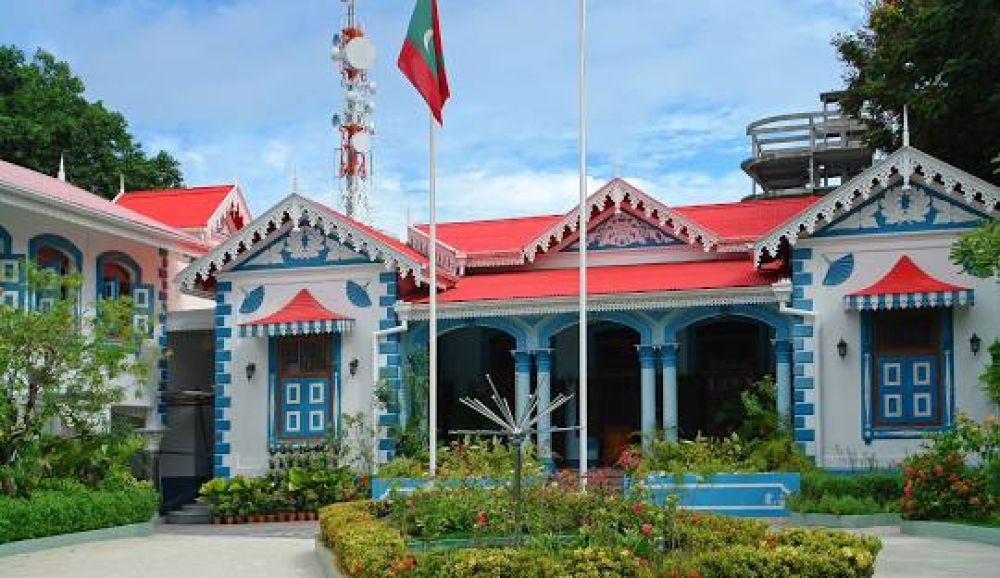

Mulee'aage Palace stands as a significant historical landmark in the heart of Male, the bustling capital of the Maldives. Originally constructed in 1906 by Sultan Shamsuddeen III for his son, Prince Hassan Izzuddin, the palace exudes a colonial architectural style. After the abolition of the monarchy in 1936, the building served various governmental functions before being designated as the official residence of the President of the Maldives.
Its elegant façade and tranquil surroundings offer a stark contrast to the modern cityscape that encircles it. Visitors to Mulee'aage will find themselves enveloped in the island nation's cultural tapestry, and while the interior of the presidential residence is not open to the general public, the exterior is a photographic tribute to the Maldives’ rich historical narrative.
Tourism in the Maldives has a relatively short yet vibrant history. The first resort in the Maldives opened in 1972, effectively laying the foundation for what would become one of the world's most luxurious and sought-after travel destinations. The islands' natural beauty, characterized by white sandy beaches, crystal-clear turquoise waters, and abundant marine life, became an instant allure for those searching for a tropical paradise.
Over the years, Maldives tourism evolved from a niche, elite destination to a more diversified one, offering experiences ranging from backpacking and adventure travel to eco-tourism and family vacations. The country has been proactive in promoting sustainable tourism practices to protect its delicate ecosystems, which are as vital for the local communities as they are for the international visitors.
The latest tourism trends in the Maldives reflect a shift towards experiential and personalized travel. Luxury travel is still a cornerstone, with overwater bungalows and private island resorts providing the pinnacle of exclusivity and privacy. However, there's an increasing demand for authentic cultural experiences, including local island homestays, city tours in Male, and traditional cooking classes.
Sustainability continues to be a significant focus, with resorts investing in coral reef regeneration projects and renewable energy sources. Another emerging trend is wellness tourism, with an emphasis on spa retreats, yoga, and meditation programs that capitalize on the Maldives' serene setting.
The Maldives is also keeping pace with digital trends, offering virtual reality previews of its resorts and attractions. The use of digital technology enhances the visitor experience from planning to arrival, with many establishments adopting smart hotel features for convenience and safety, particularly in response to the global health concerns prompted by the COVID-19 pandemic.
Adventure tourism is also gaining popularity in the Maldives, with scuba diving, snorkeling, and surfing being perennial favorites. In recent times, travelers are showing a growing interest in kite surfing, stand-up paddleboarding, and deep-sea fishing.
Ultimately, the Maldives continues to epitomize idyllic luxury travel while adapting to global trends and maintaining a commitment to sustainability and the celebration of Maldivian culture. Mulee'aage Palace remains an emblem of this rich heritage and a must-see historical site for visitors to the capital city of Male.